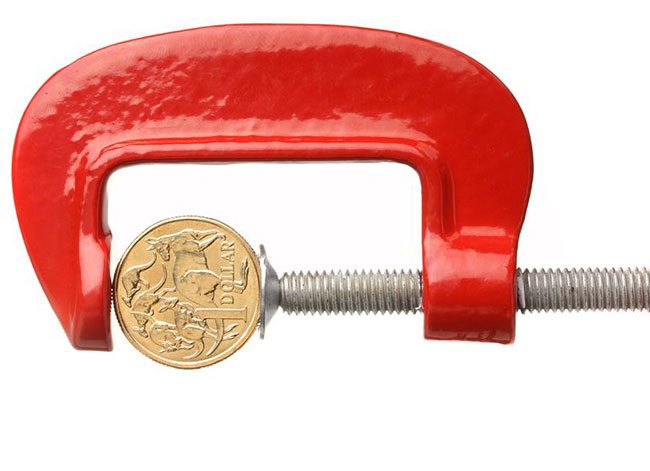This article is from the Australian Property Journal archive
AUSTRALIA’S listed property sector has rebounded across the second quarter, eclipsing the performance of both equities and unlisted property.
A-REITs were up 3.3% in the second quarter, while unlisted property returns were down 4.4%, according to new data from Zenith Investment Partners, Australian Unity, MSCI, the Property Funds Association and the Property Council of Australia.
Annually, listed property delivered the greatest property returns at 8.5%, compared to direct property which saw returns of 1.1% down from 5.4% in the previous quarter.
Direct property returns were driven down by a capital growth reversal. Though income continues to be paid returning around 4.8% over the year.
“Direct property transaction volumes are expected to remain limited in the quarter ahead, particularly in retail and office sectors where capitalisation rates have climbed, investors remain cautious about weaker consumer spending and office workers continue to work from home,” said Bonnie Corbet, investment analyst at Zenith Investment Partners.
“This environment will continue in the quarter ahead, with market participants pausing to assess the impact of further monetary policy decisions.”
On the other hand, unlisted property delivered a negative return of 2.5% in the 12-month period to 30 June, after seeing returns of 12.1% over the five-year period to June.
Total returns across the three main commercial property sectors were down from the same period last year.
With retail property returns at 2.7%, office property returns at negative 2.5% and industrial property returns at 6.6%. Though the latter was down significantly from 22.3% at the same time last year.
“While uncertainty around the speed of interest rate rises and increases to investors cost of capital have led to a reversal in direct property valuations, it’s encouraging to see the resilience of the underlying income generating properties of commercial real estate,” said Damian Diamantopoulos, fund manager for the Property Income Fund.
In a recent Talking Property podcast, MSCI Pacific head of real estate research Benjamin Martin-Henry said the pricing gap expectations remain. Despite property devaluation across the AREITs sector, property trusts have been not been pressured to sell.
The MSCI Price Expectations Gap model – which estimates the amount sellers would need to shift their price expectations to bring transaction activity back to “normal” levels of liquidity – are around 30% for Australia’s largest sectors and markets, contributing to its status as one of the worst performing markets globally.
Recent AREIT transactions have been below book value, including Dexus’ sale of One Margaret Street for $293.1 million reflecting a 21% discount, Hong Kong-based PAG’s purchase of Midland Gate for discounted price of $465 million, and the Dexus managed AMP Capital Shopping Centre Fund’s sale of a half interest in a Townsville shopping centre for $115 million – 50% below what it paid nine year ago, to Sydney-based fund manager Haben Property Group.
“With a pull pack in direct property valuations underway and a potential peak in this current interest rate cycle, value is beginning to emerge across both public and private markets. As the market navigates the uncertain economic conditions in the period ahead, investors with a long-term mindset and a focus on asset quality will be at the greatest advantage.” Diamantopoulos said.



















